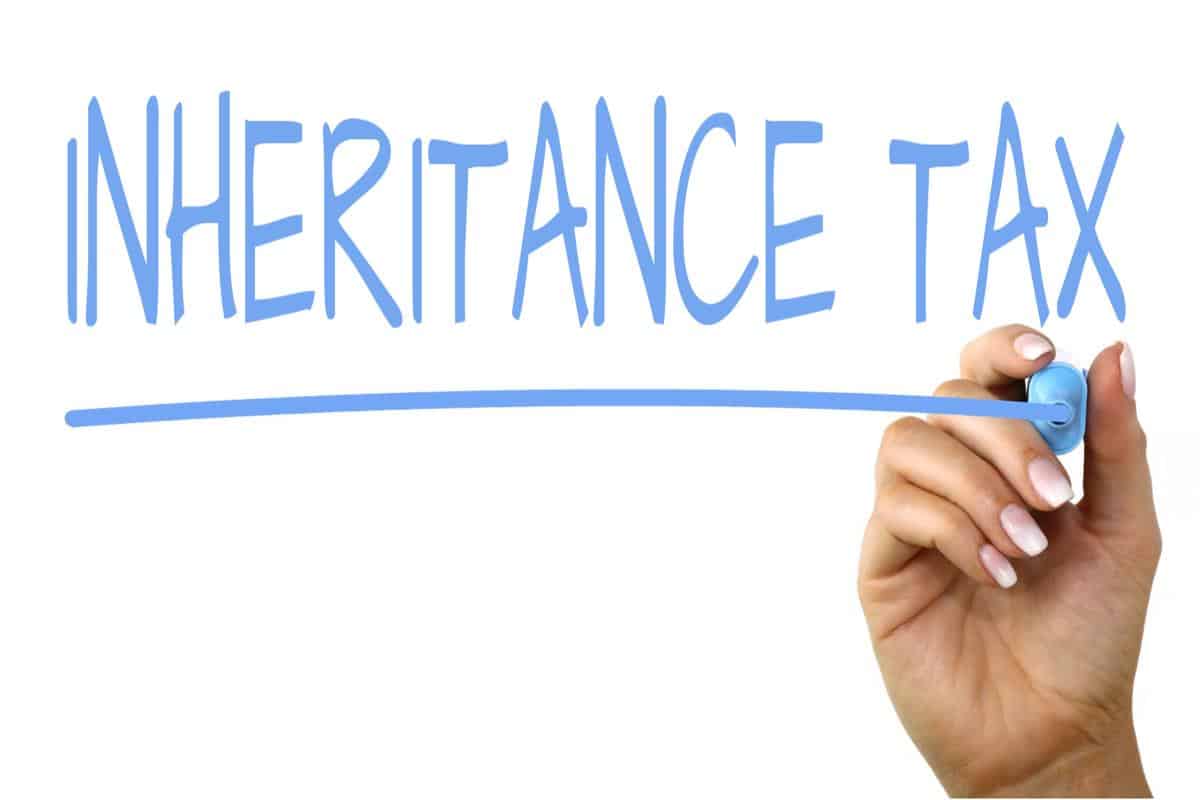Most people are aware that when you die you can leave a certain amount to your family without paying Inheritance Tax. This is called the Nil Rate Band (NRB) and it is currently £325,000 per person (provided no gifts over £3,000 were given in 7 years before death).
In April 2017 the government introduced a new tax allowance called the Residence Nil Rate Band (RNRB) which can be claimed in addition to the NRB in order to limit or possibly completely avoid your estate paying Inheritance Tax.
The RNRB is an allowance that specifically applies to your home; it is currently £150,000 per person and is due to increase to £175,000 in April 2020. This means that from next year a person can potentially leave £500,000 tax free upon their death.
This sounds like great news, however there are conditions to the RNRB. Firstly the property must be left to a direct descendant e.g. child, step-child, grandchild. Other more distant relatives such as aunts/uncles or nieces and nephews do not qualify.
Secondly, the property must be left to the person directly without any conditions such as upon the beneficiary reaching a certain age, this is because it means the property is being held on trust, and is not a direct inheritance. If there is a trust in a Will whether the RNRB is available will depend on the type of trust; if it is of a discretionary nature then the RNRB cannot be claimed.
Thirdly, if your estate is valued at more than £2 million then the RNRB will reduce by £1 for every £2 the estate is over this amount. So, if your estate in total is more than £2.2 million then you do not qualify for the RNRB.
Finally, if the value of the house is less than the RNRB then the balance of the allowance cannot be used to offset against your other assets. For example if your estate has a property worth £100,000 and cash assets of £400,000, the £150,000 RNRB would mean no tax is due on your property but the remaining £50,000 of the RNRB cannot be used to reduce tax on the cash assets.
As with the NRB the RNRB can be transferred between spouses. This is because any gift to a spouse is tax free, so if a husband dies first leaving everything to his wife, there is no tax to pay no matter the value of the estate. This means he is considered to have not used his NRB or his RNRB, so when the wife dies if she is leaving everything to the children, she can use her own NRB, RNRB and then claim her husbands unused NRB and RNRB, so she could leave a total of £1 million tax to free to their children.
It is important that your Will is written in a way to take advantage of the tax allowances available in order to make your estate as tax efficient as possible. Seeing a solicitor to take advice and discuss your personal circumstances is the best way to ensure this happens.
For more information and advice contact a member of our Private Client team.


